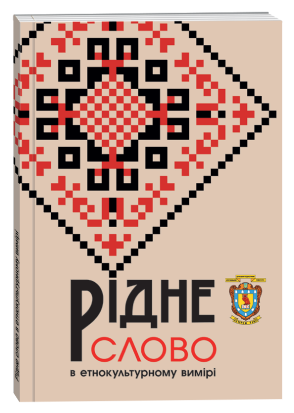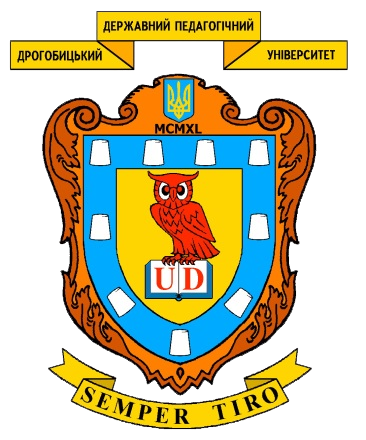«RESEARCH-LED TEACHING» WITHIN SOCIAL SCIENCE DISCIPLINARY CONTEXT
Keywords:
students, research-led teaching, higher education, scientific debates, research.Abstract
Research-led teaching plays a very important role for effective teaching in higher education. Research contributes to students’ learning to large extent at postgraduate and doctoral levels. It is important for postgraduate students to be at the cutting edge of their subject. Writing research projects facilitates active learning which is much more effi cient than passive. Exposing students to scientifi c debates can naturally facilitate and stimulate critical thinking.
References
Barnett, R.: 1992, Linking teaching and research: a critical enquiry, Journal of Higher Education 63, 619,636.
Boud, W., O’Reilly, M., Bucher, D., Fisher, K. and Morton, A.: 2010, Activating the teaching-research nexus in smaller universities: Case studies highlighting diversity of practice, Journal of University Teaching and Learning Practice 7(2).
Brown, R.: 2002, The link between research and teaching: its purpose and implica-tions, Innovation in Education and Training International 35, 117,129.
Deakin, M.: 2006, Research led teaching: a review of two initiatives in valuing the link between teaching and research, Journal for Education in the Built Environ-ment 1(1), 73,93.
Exley, K. and Dennick, R.: 2004, Giving a Lecture: From Presenting to Teaching, RoutledgeFalmer.
Faia, M.: 1976, Teaching and research: Rapport of mesalliance, Research in Higher Education 4, 235,246.
Gibbs, G.: 2002, Institutional strategies for linking research and teaching, Exchange 3, 8,12.
Hattie, J. and Marsh, H.: 1996, The relationship between research and teaching: a meta-analysis, Review of Educational Rese arch 66(4), 507,542.
Jenkins, A., Blackman, T., Lindsay, R. and Paton-Saltzberg, R.: 1998, Teaching and research: student perspectives and policy implications, Studies in Higher Education 23, 127,141.
Kinchin, I.: 2003, E ective teacher-student dialogue: a model from biological edu-cation, Journal of Biological Education 37(3), 110,113. 11. Kinchin, I.: 2005, Evolving diversity within a model of peer observation at a UK uni-versity, British Educational Research Association Annual Conference, University of Glamorgan.
Kinchin, I. and Hay, D.: 2007, The myth of the research-led teacher, Theachers and Teaching 13(1), 43,61.
Lindsay, R., Breen, R. and Jenkins, A.: 2002, Academic research and teaching quality: the views of undergraduate and postgraduate students, Studies in Higher Education 27(3), 309,327.
Qamar uz Zaman, M.: 2004, Review of the academic evidence on the relationship between teaching and research in higher education, Technical Report 506, Depart-ment for Education and Skills Research.
Rowland, S.: 1994, Perspectives of teaching and research, British Educational Re-search Association Annual Conference.
Scott, P.: 2002, Let’s stop trying to separate the inseparable, Exchnage 3, 27,29.
Sotto, E.: 1994, When Teaching Becomes Learning: A Theory and Practice of Teach-ing, Cassel.
Sullivan, S. and Glanz, J.: 2005, Supervision that improves teaching: strategies and techniques, Corwin Press.
Williams, E.: 1992, Student attitudes towards appraoches to learning and assess-ment, Assessment and Evaluation in Higher Education 17(1), 45,58.
Zamorski, B.: 2002, Research-led teaching and learning in higher education, Teach-ing in Higher Education 7(4), 411,427.
Zetter, R.: 2002, Making the department link between research and teaching, Ex-change 3, 12,15.







